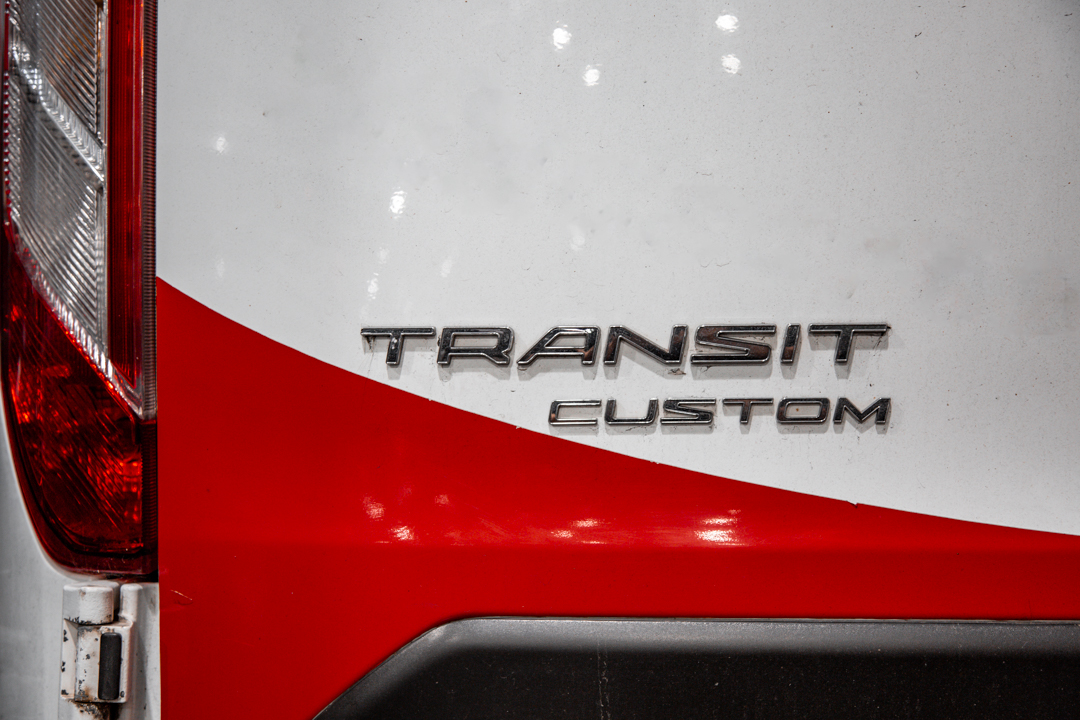

Fleet Owners Beware: Which Ford Transit Engines Have Wet Belts and Why It Matters
For fleet owners and managers, knowing the specifics of the engines in your Ford Transit vehicles is crucial for effective maintenance and preventing costly downtime. One key aspect to be aware of is the type of timing system your Transits use. Ford has implemented wet belt systems in several of their engines, which, while offering certain advantages, also come with specific maintenance needs and risks. This blog will identify which Ford Transit engines use wet belts and why understanding this matters for your fleet’s reliability.
Engine Models with Wet Belts
Not all Ford Transit engines are created equal. Here’s a list of Ford Transit engines that are known to utilise wet belts:
- 1.5L EcoBlue Diesel Engine: Commonly used in the smaller Ford Transit Connect models.
- 2.0L EcoBlue Diesel Engine: Found in many of the larger Transit vans and the Transit Custom models.
- 2.2L TDCi Diesel Engine: Used in some older Transit models.
These engines incorporate a wet belt system that runs inside the engine, lubricated by the engine oil. The use of wet belts in these engines is intended to reduce noise and friction compared to traditional dry belts.
Why These Engines Use Wet Belts
Ford introduced wet belts in some of their engines to achieve several benefits:
- Reduced Friction and Wear: The oil-immersed belt reduces friction between the belt and the pulleys, potentially extending the belt’s lifespan.
- Quieter Operation: Wet belts operate more quietly than dry belts, contributing to a smoother and quieter engine performance.
- Improved Fuel Efficiency: By reducing the engine’s overall friction, wet belts can help improve fuel efficiency.
However, these benefits come with a trade-off: increased maintenance complexity and the potential for significant engine damage if the belt fails.
Maintenance Challenges
Maintaining engines with wet belts presents unique challenges:
- Oil Quality: Ensuring the use of high-quality, specified oil is crucial for the longevity of the wet belt.
- Regular Inspections: Wet belts require more frequent inspections compared to dry belts to detect wear and prevent failures.
- Cost of Replacement: Replacing a wet belt can be more expensive due to the complexity of the system and the need for genuine parts.
Fleet Management Tips
For fleet owners, understanding which engines have wet belts and their maintenance needs is vital for minimising downtime and repair costs. Here are some tips to manage and monitor wet belt maintenance:
- Create a Maintenance Schedule: Incorporate regular wet belt inspections and replacements into your fleet’s maintenance schedule.
- Train Your Team: Ensure your maintenance team is knowledgeable about the specific needs of wet belt systems.
- Use Quality Parts and Oil: Always use genuine parts and Ford-recommended oil to maintain engine health and performance.
- Monitor Performance: Keep an eye on engine performance and be alert to any signs of belt wear or failure, such as unusual noises or difficulty starting the engine.
Preventive Measures
Taking proactive measures can help ensure the longevity of your wet belt engines:
- Regular Oil Changes: Stick to Ford’s recommended oil change intervals to keep the belt and engine properly lubricated.
- Timely Belt Replacement: Replace the wet belt at the intervals recommended by Ford, typically around 100,000 miles or 8 years.
- Professional Inspections: Have your vehicles inspected by professional mechanics who are experienced with wet belt systems.
Which Ford engines have wet belts?
Ford Transit engines with wet belts include the 1.5L EcoBlue Diesel, 2.0L EcoBlue Diesel, and the 2.2L TDCi Diesel engines.
What happens when the wet belt breaks?
When the wet belt breaks, it can cause catastrophic engine failure. The timing components lose synchronization, leading to potential damage to the pistons, valves, and other critical engine parts. This often results in expensive repairs and significant downtime.
Understanding which Ford Transit engines have wet belts and the specific maintenance requirements of these systems is crucial for fleet owners. By staying informed and proactive, you can avoid costly repairs and ensure the reliability of your fleet. Regular maintenance, using the right oil, and timely replacements are key to keeping your wet belt engines running smoothly. For expert maintenance and advice, our team is ready to help you keep your Ford Transits in top condition, ensuring your business runs without interruption.
Contact us now:
📞 Phone: 01480 759004
📧 Email: info@thecaredition.co.uk
🌐 Website: www.thecaredition.co.uk
📍The Car Edition, Unit 4 -5 Cinch storage, St Margarets Way, Huntingdon PE29 6EB
Categories
- Automotive Tech (13)
- Industry News and Trends (22)
- Maintenance Tips (38)
- Uncategorized (9)
- Used Car Buying Guide (9)
Recent Posts
About us

Welcome to our Blog, where we fuel your passion for cars with expert insights, helpful tips, and a community-driven approach to automotive excellence.
Popular Tags
Related posts


Exciting Updates: New Services at The Car Edition

Beat the Heat with Our New Air Conditioning Regas Service







